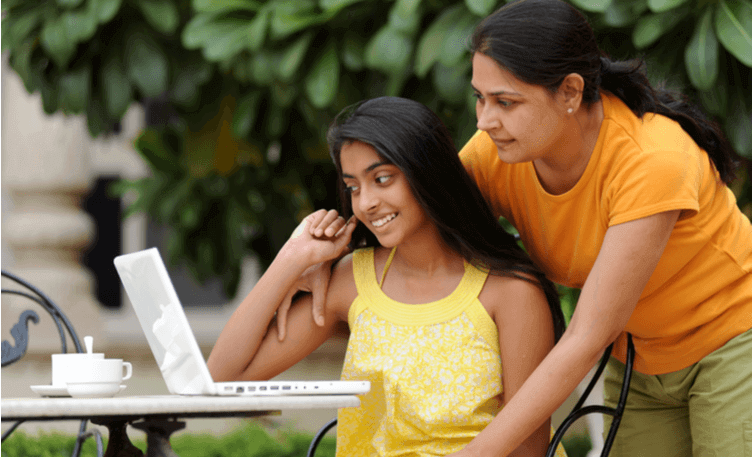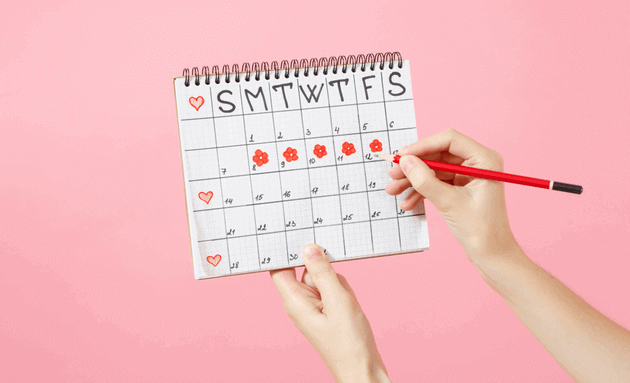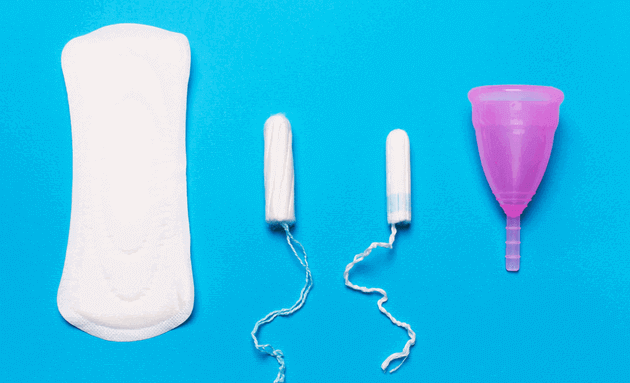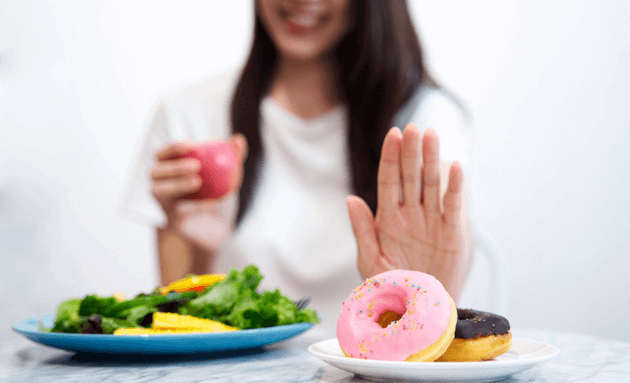Your Daughter's First Period: Here's How You Can Help Her Prepare

In the history of menstruation, especially in India, women have been considered “impure” during their periods. Talking about menstruation and carrying sanitary pads without a black concealing cover is considered a stigma in our society. However, it is on us to initiate the change in perception about menstruation.
Preparing and educating your daughter does not have to be as scary as it sounds. Be open, honest, and informative with your daughter about her first periods with these following tips:
Tell Her What’s Happening to her Body?
A girl’s first period usually happens between the ages of 9 and 16 and lasts for 3-7 days. The next period begins roughly 21 to 28 days later and is called a “menstrual cycle”. During this time, the body releases unwanted tissues that come from the uterus. Every month, the uterus lining gets thicker to prepare for a fertilised egg when a woman becomes pregnant. If the egg doesn’t fertilise, it is released from the body as blood through the vagina, causing our periods.
Show Her How to Use a Pad/tampon and Track Her Periods

Take time to show her how to properly use and dispose of a sanitary napkin so that she knows what to do when you’re not around. If you’re a dad and are not sure, read and educate yourself on the topic or take help from a doctor.
If you or your daughter wants to try tampons, encouragement is key. It takes time to adjust to a tampon, so let her know the best ways to use it - it could be a particular position or angle that can help to insert the tampon easier.
You should also teach your daughter to track her periods - to remember signs and dates before her next menstrual cycle begins so that she can prepare herself mentally and physically.
Give Her a List of Things She Will Need During Her Periods

Your daughter will need sanitary pads, panty liners, and tampons during her period. It is always best to carry an extra set of pads or tampons. Pantyliners are best just before the beginning of her periods and can be fastened with an adhesive tape to the underwear.
If using a pad, ensure she changes every 3 to 4 hours and washes herself every time she goes to the washroom. The vagina is susceptible to infections during this period so hygiene must be maintained.
Explain to Her What Is Premenstrual Syndrome or PMS
While about 90% of women who menstruate experience some form of discomfort, 10% go through severe symptoms. The premenstrual syndrome begins 10 days before a menstrual cycle and is classified as a group of symptoms that fade as your periods get over.
The PMS symptoms your daughter should watch out for are:
- Severe abdominal pain
- Mood swings or appetite changes
- Bloating and weight gain
- Vaginal discharge which is usually white or yellowish
- Breast tenderness or swelling
- Nausea or fatigue
- Headaches and acne breakouts
- Joint and muscle pain
Tell Her Ways She Can Ease Her Pain During Her Periods

Most PMS symptoms can be controlled with lifestyle and diet changes. If your daughter is going through severe effects, consult your doctor and get her an emergency medication to temporarily ease her pain. Apart from that, these simple tips can help relieve her stress and pain during her periods:
- Eat smaller, more frequent portions of whole foods like fresh fruits and vegetables
- Ensure she eats at least 1200 mg of Calcium a day. Speak to your doctor for details
- Avoid salty or processed foods, junk foods, refined sugar, and excessive caffeine
- Exercise at least 30 mins a day to reduce feelings of anxiety, stress, and depression
- Get adequate sleep (at least 7-8 hours a day) and engage in relaxation techniques
It will take some time for your daughter to understand how she feels when she’s on her periods, how heavy or light her bleeding will be and what products will suit her best. Every girl will experience different things - the best thing is to keep the conversation going and never shy away from answering questions about periods and your daughters’ well-being.






